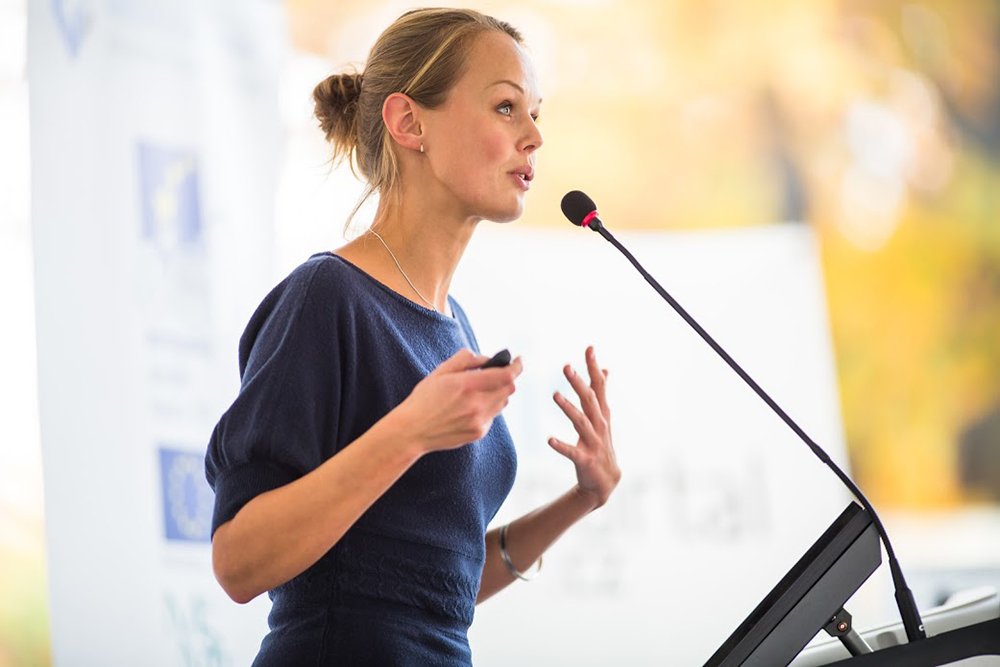Tag: decision
-

The first person to speak has the most influence.
Imagine you are waiting to give your view on a subject. You are pretty sure of your conviction that “A” is the best course of action for the group. The first person to speak, perhaps the leader, surprises you by advocating “B”. The next person in line around the table also says “B”. And the…
-

Parole judges should snack regularly.
Parole judges should snack regularly – as should anyone who makes important decisions. One of the problems with being ego-depleted (when the combined resource for mental, emotional and physical effort has been drained) is the difficulty in putting effort into decision making. In this state of ego-depletion you are more likely to fall back on…